It’s coming up to the end of 2023, if you can believe it, and as promised, we’ve outlined our best nonfiction books of the year, having read scores. The year is also not over, and we’re still continuing to read and review, so watch this space for any updates.
Read: Book lists: should we still trust their recommendations?
What we’ve gathered from the books that have come out this year is that there has been a huge spate of work that showcases more marginalised voices for a change, in what can be seen as a backlash to book banning across the US. However, a lingering racial divide still exists.
Friday opinions: Are memoirs still important? Top books and why we love them
Another pattern we’ve spotted is the number of memoirs published by major celebrities. Granted, there has always been gossip around the stars, but some of the big names have stepped into the limelight to tell their stories. Prince Harry’s autobiography, “Spare” (Bantam), was the bestselling book on Amazon this year. In January, the Duke of Sussex’s controversial book, which delves into his military career, his strained relationship with his family, and his grief over the death of his mother, was published.
Indeed, there were a few mind-bending entries expected with the advent of ChatGPT and a general showdown on social media. With this being said, here are our top nonfiction picks, published this year. As you may have noticed, we’ve actually perused through all of these books, added reviews, and interviewed the authors – so yes, it is all authentic!
Top nonfiction books we read in 2023
- “A Man of Two Faces: a Memoir, a History, a Memorial” by Viet Thanh Nguyen. Before the end of this year, we received an early proof of this excellent autobiography from none other than the Pulitzer Prize winner of “The Sympathizer.” It is different from his previous fictional work but touches on similar themes of identity and marginalisation as a refugee, as seen in his short story collection “The Refugees” and the anthology “The Displaced.” However, it exhibits much more raw storytelling from his past. Keep an eye on this space for updates regarding this book.
- “Real Life: The Journey from Isolation to Openness and Freedom” by Sharon Salzberg. The veteran meditation teacher returns with another book in her oeuvre, having previously written about love, work, faith, happiness, and much more. This time, she delves deeper into managing crises – particularly apt for the current times. We also have another exciting development regarding this book, so remember to keep following this channel in the new year.
- “How to Say Babylon: A Memoir” by Safiya Sinclair. Sinclair’s book has been hailed as “courageous” and “breathless,” living under an oppressive system in Jamaica as a woman. We called it “evocative” in our review, as she weaved a spiral staircase of words in this haunting memoir.
Read: Who Wrote This? author Naomi Baron: AI’s threat to language
- “Who Wrote This?: How AI and the Lure of Efficiency Threaten Human Writing” by Naomi S. Baron. It was excellent speaking to Professor Baron about this incredibly relevant book at a time when AI is still a mystery to many. She told us that AI may threaten language in the future, and, in turn, jobs are at risk.
- “A Day in the Life of Abed Salama: Anatomy of a Jerusalem Tragedy” by Nathan Thrall. We recently reviewed this harrowing book, especially as we are currently living through the horrific conflict in Gaza. Thrall focuses on an incident that took place in 2012 to highlight how Israeli bureaucracy puts Palestinians in danger. It’s an incredibly timely read.
Read: A Day in the Life of Abed Salama: a snapshot of a wider issue – review
- “One Last Thing: How to Live With The End in Mind” by Wendy Mitchell. Mitchell was kind enough to speak to us during World Alzheimer’s Month regarding her final book, which was both humbling and poignant. The end comes for all us, and this makes it a bit easier to come to terms with.
- “Doppelganger: A Trip Into the Mirror World” by Naomi Klein. This meta exploration into the deep recesses of internet culture takes us away from Klein’s usual polemics. The commentator and activist confronts the uncomfortable, as she is continually mistaken for the conspiracy theorist Naomi Wolf, whom she dubs ‘The Other Naomi.’ It leads us down a rabbit hole, forcing us to question who we are in this digital age
- “King: A Life” by Jonathan Eig. We often have a habit of idolising and mythologising people we admire – much to our own detriment. In this case, Eig humanises civil rights leader Martin Luther King Jr, in order for us to empathise with his flaws.
Read: Wolfson Prize nominee Professor Hakim Adi on redundancy and recognition
- “African and Caribbean People in Britain: A History” by Hakim Adi. We had the pleasure of also speaking with Professor Adi, the first African-British historian to attain the rank of professor of history in the UK. His detailed examination of the history of the diaspora in Britain earned him a prestigious Wolfson History Prize nomination. We talked about the book as well as the challenges that people still face in education.
- “The Teachers: A Year Inside America’s Most Vulnerable, Important Profession” by Alexandra Robbins. Speaking of education, this book delves into the heart of systemic failures in the US education system. Underpaid and overworked, teachers are being pushed to the brink of no return, as we see in this brilliant undercover exposé.
- “A Fever in the Heartland: The Ku Klux Klan’s Plot to Take Over America, and the Woman Who Stopped Them” by Timothy Egan. Egan’s book is undoubtedly disturbing, explaining the KKK’s reign and downfall in Indiana, as recounted by the woman who was brutalised in the process. This nonfiction work aims to show how easy it is to walk down the same path and why we need to be vigilant against white supremacy at all costs.
Read: The Teachers: Robbins shows how US schools expect staff to be martyrs – review
- “Rikers: An Oral History” by Graham Rayman and Reuven Blau. By far, this book has the power to bring about real change this year. The notorious prison in New York has hosted thousands of people over the years, including the likes of former International Monetary Fund chief Dominique Strauss-Kahn and even ‘Son of Sam’ serial killer David Berkowitz. As a result, it is considered hell on earth. There is reportedly a huge culture of abuse, and as it stands, it is not fit for any kind of purpose. Offering a 360-degree view inside the country’s largest detention complex, the book presents deeply personal accounts heard for the first time and reflects society’s failings as a whole.
- “Dispatches from the Diaspora: From Nelson Mandela to Black Lives Matter” by Gary Younge. In season two of the podcast, we spoke with Younge about his book “Who Are We?”, which explores identity and political gatekeeping. This new collection brings together all the significant moments from the journalist’s long career, illustrating the multifaceted nature and transformation of the diaspora.
Read: Why children should learn the truth – Stolen History author Sathnam Sanghera
- “Stolen History: The Truth About the British Empire and How It Shaped Us“ by Sathnam Sanghera. It was great speaking with Sanghera about this important book, which addresses how to teach the British Empire to students without mollycoddling, sensationalising, or sanitising.
- “Rebel Bodies: A Guide to the Gender Health Gap Revolution” by Sarah Graham. Graham illustrates how the medical system has been failing women, trans, and nonbinary people because it continues to see their bodies as ‘other’ in this important investigation into the subject. From maternity mortality rates to endemic endometriosis, there is still a long way to go.
- “Master Slave Husband Wife: An epic journey from slavery to freedom” by Ilyon Woo. I didn’t know what to expect with this work, but it reads like an unbelievable drama. Woo explores how a real-life interracial couple escaped to freedom under the pretense of being a man and his Black slave. It is both beautiful and horrifying in equal measure.
- “Poverty, by America” by Matthew Desmond. Anything written by Desmond is a must-read in my opinion, and this book does not disappoint. The sociology professor returns after writing his Pulitzer Prize-winning book, “Evicted,” in 2016, this time examining poverty as a whole and the system that supports it.
Check out: Matthew Desmond’s Poverty, By America: a rallying cry to stop inequality – review
- “Pegasus: How a Spy in Your Pocket Threaten the End of Privacy, Dignity, and Democracy” by Laurent Richard and Sandrine Rigaud. This book made me squirm because it kept making me switch my phone off or want to throw it from a bridge. The investigative journalists do a deep dive into the world of spyware, particularly Pegasus, and how it ended up spying on all of us.
- “All The Houses I’ve Ever Lived In: Finding Home in a System that Fails Us” by Kieran Yates. Yates was one of our guests this season, and she explained the precarious housing situation in the UK, plaguing the country with housing insecurity.
- “The Patriarchs: How Men Came to Rule” by Angela Saini. Saini was another one of our stellar authors featured. She completely turns our thinking about patriarchy on its head, showing us that it isn’t inherent or inevitable, even featuring ‘Planet of the Apes’ in the book.
- “Red Memory: The Afterlives of China’s Cultural Revolution” by Tania Branigan. “Red Memory” won the top prize at the Cundill History Prize for its exploration of the significant trauma of that period, which continues to cast a shadow on the nation. It evoked my own memories of studying Chinese history at university and the horrors of that era.
Find out more: Cobalt Red book: the brutal cost to Congo for our devices – review
- “Cobalt Red: How the Blood of the Congo Powers Our Lives” by Siddharth Kara. There are no words to describe this damnation of the people of the Congo. It is repulsive and sickening but forces us to reassess our role in the cobalt blood trade.
- “The Perfectionist’s Guide to Losing Control: A Path to Peace and Power” by Katherine Morgan Schafler. Google’s former in-house therapist spoke to us about this work on perfectionism, emphasising that it’s not all bad. She encourages us to reconsider the blanket notion of perfectionism and critically examine its complexities.
- “Hijab Butch Blues: A Memoir” by Lamya H. Lamya H brings this spectacular memoir to life by showcasing the parallels between being both queer and Muslim. She told us this season that it is possible to hold these identities without encountering issues.
- “Bloodbath Nation” by Paul Auster. You may want to sit down and read Auster’s powerful critique of gun violence in America. In a country where mass killings have become the norm, the book calls for both sides of the divide to come together and engage in more meaningful conversations to prevent further bloodshed.
- “Awe: The New Science of Everyday Wonder and How It Can Transform Your Life” by Dacher Keltner. How could we not love Professor Keltner’s book on awe? After all, he is the consultant behind the Disney Pixar hit “Inside Out.” The scientist also tells us why it’s important that we never stop seeking it, as it can easily be lost.
Read: Bloodbath Nation by Paul Auster: book reminds us that gun violence is personal – review
In the end, we hope this year has been an incredible reading experience for you, and that you found solace or knowledge through books despite the hardships. To end on another Disney reference, remember to “just keep reading.”
This article contains affiliate links via Bookshop.org in which we may receive a small commission at no extra cost to you, in order to support local bookshops. We have not been commissioned to review books and services.
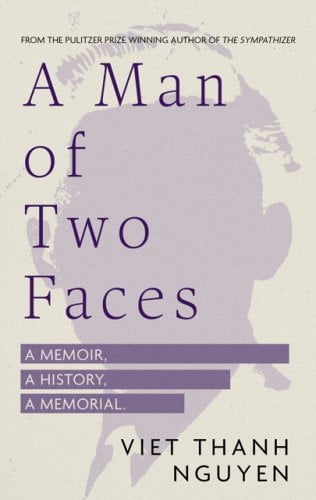
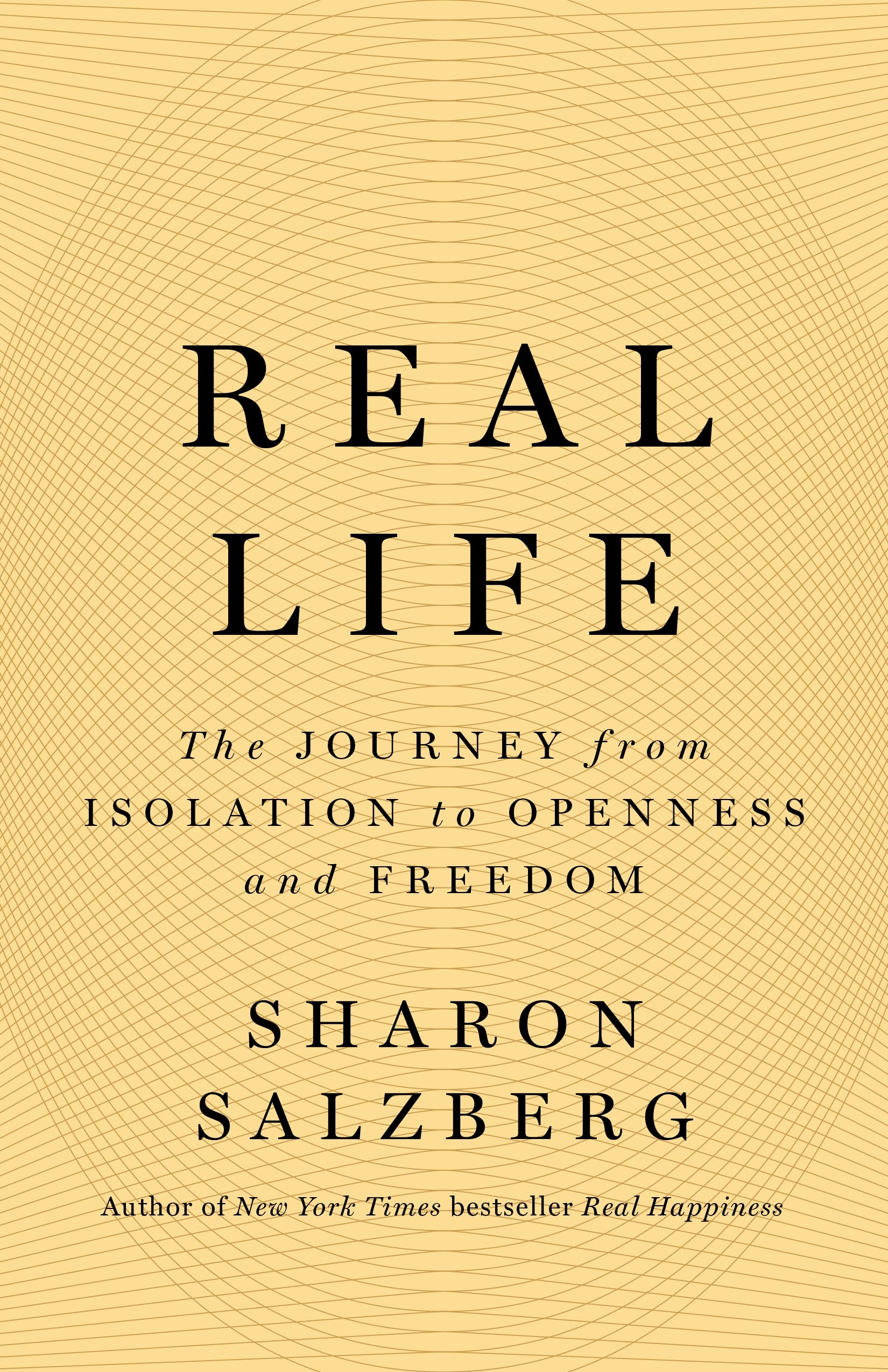
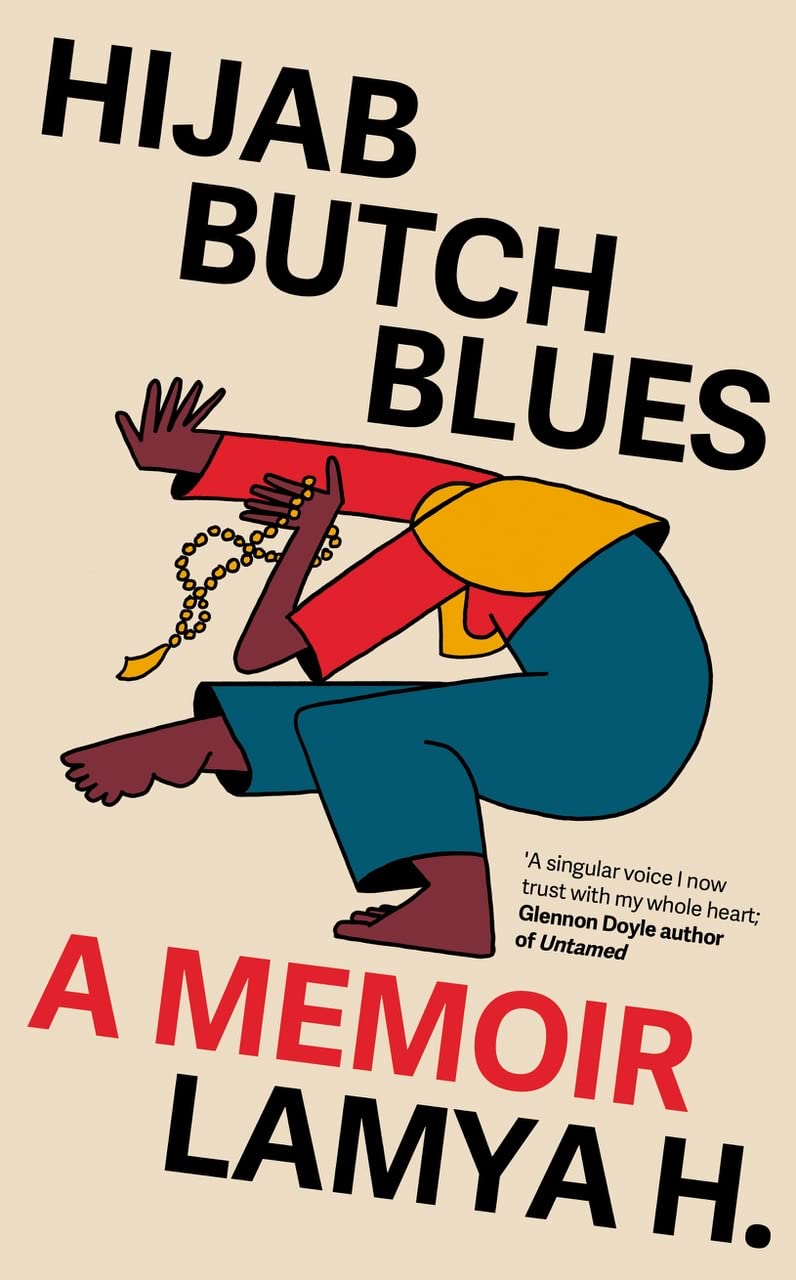
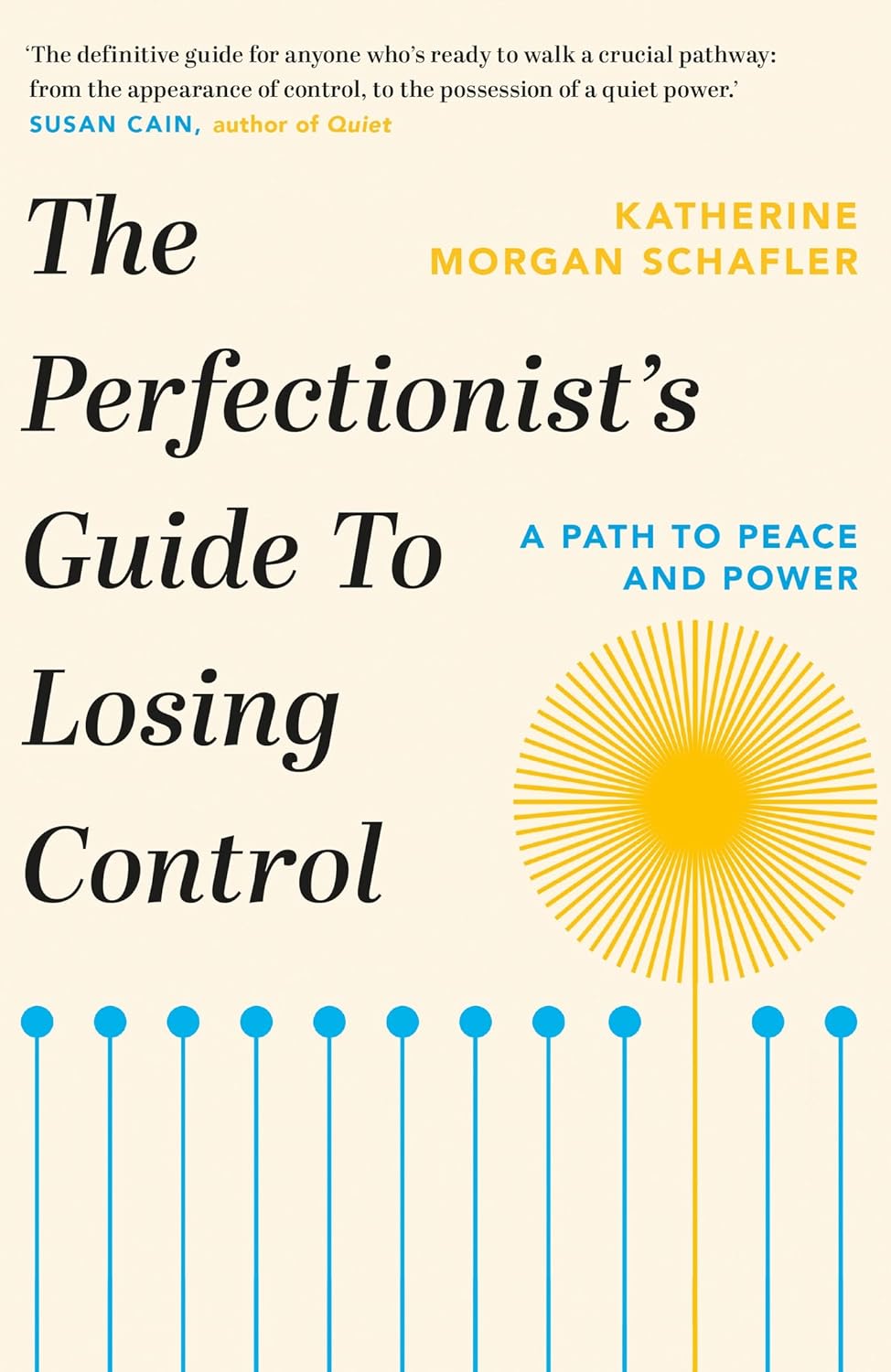
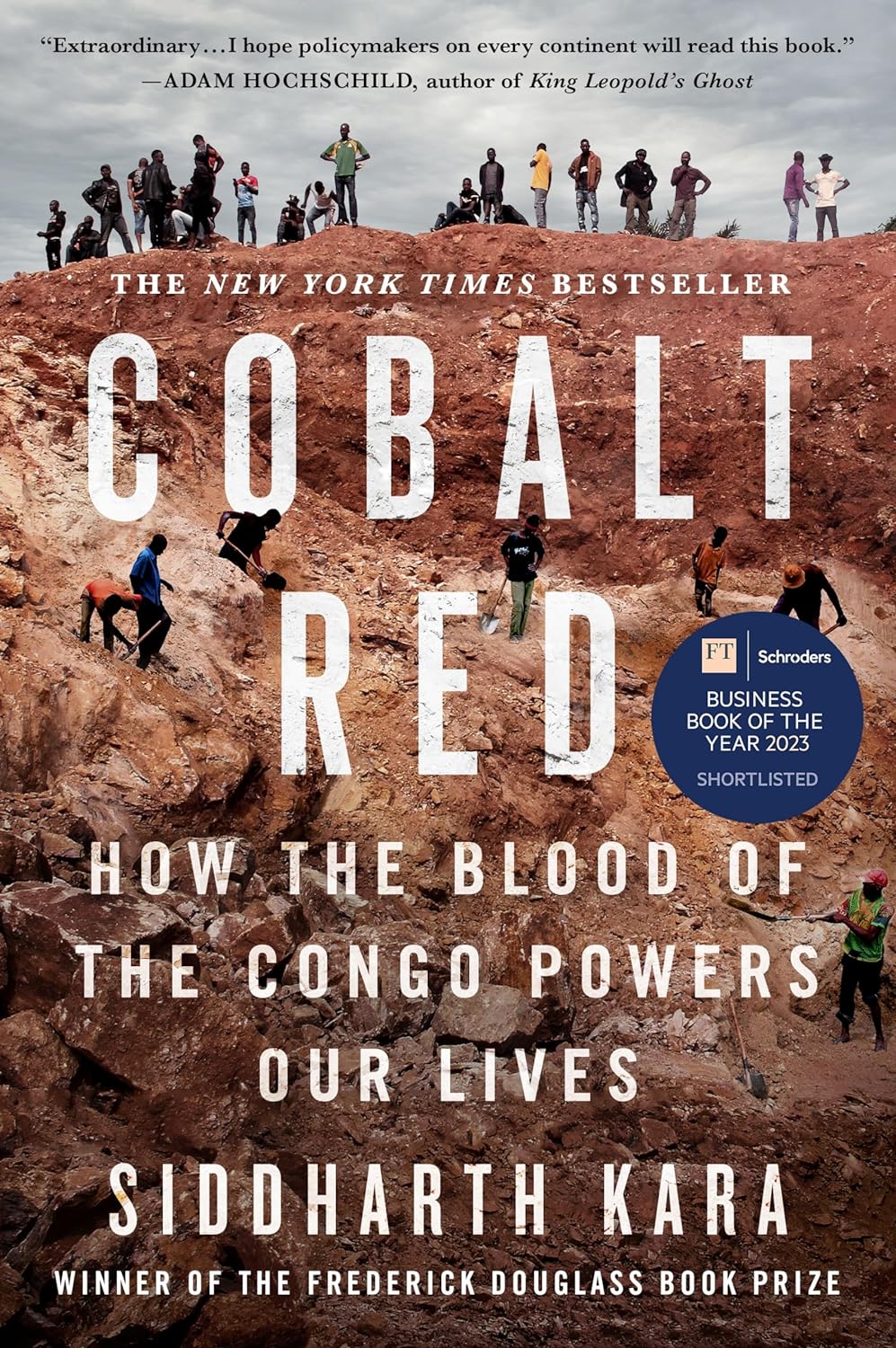
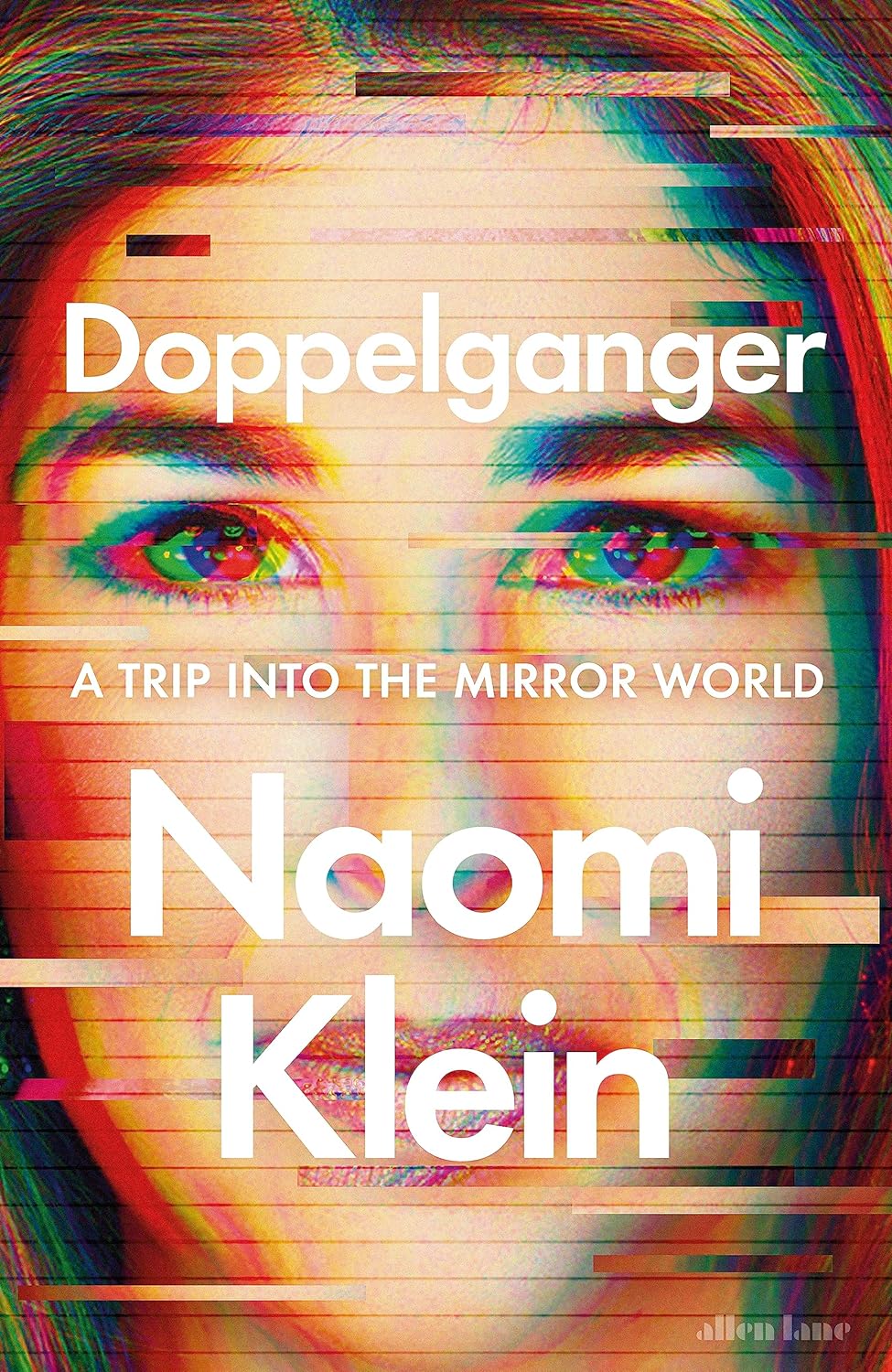
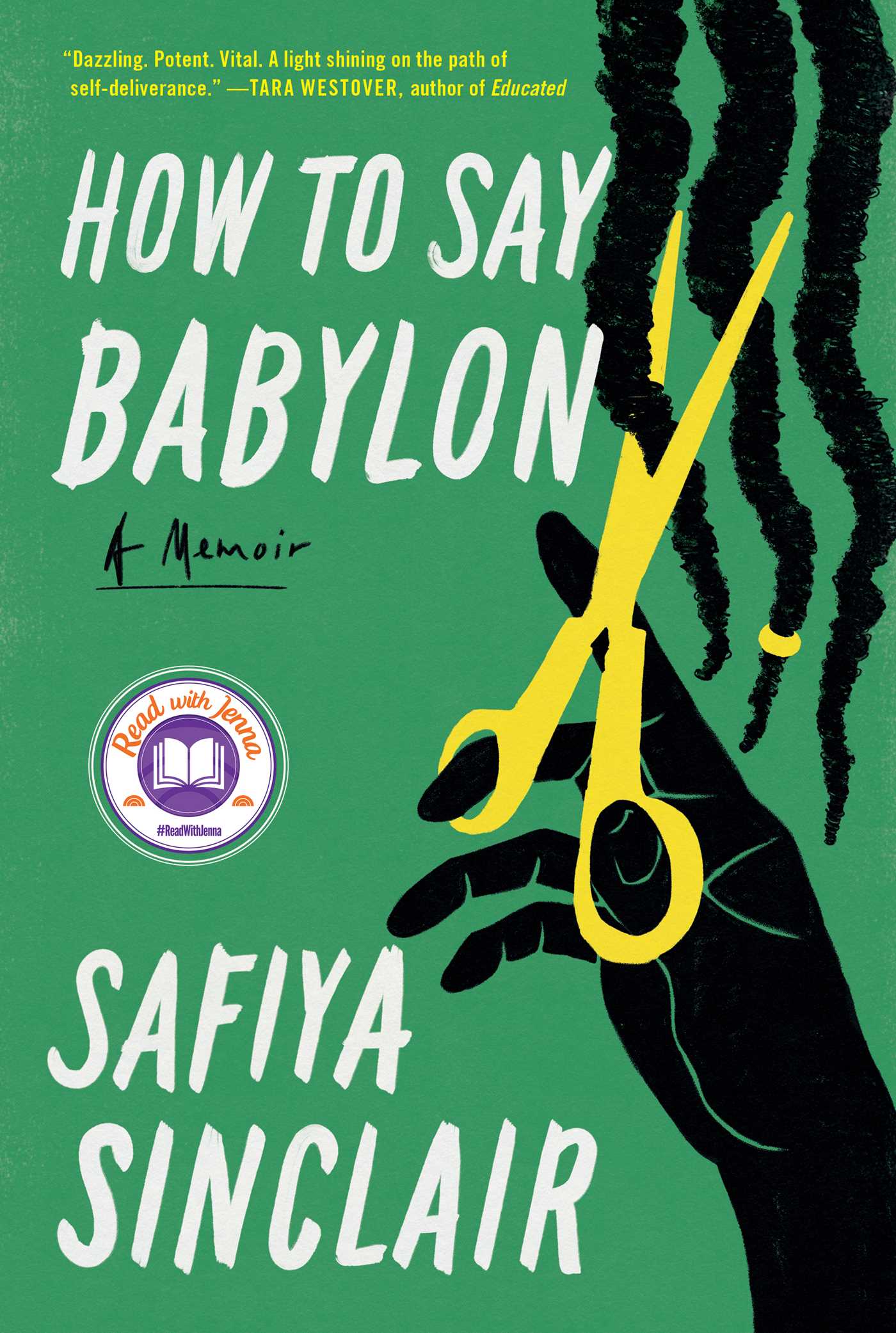
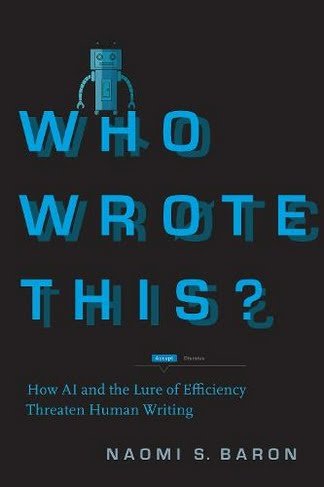
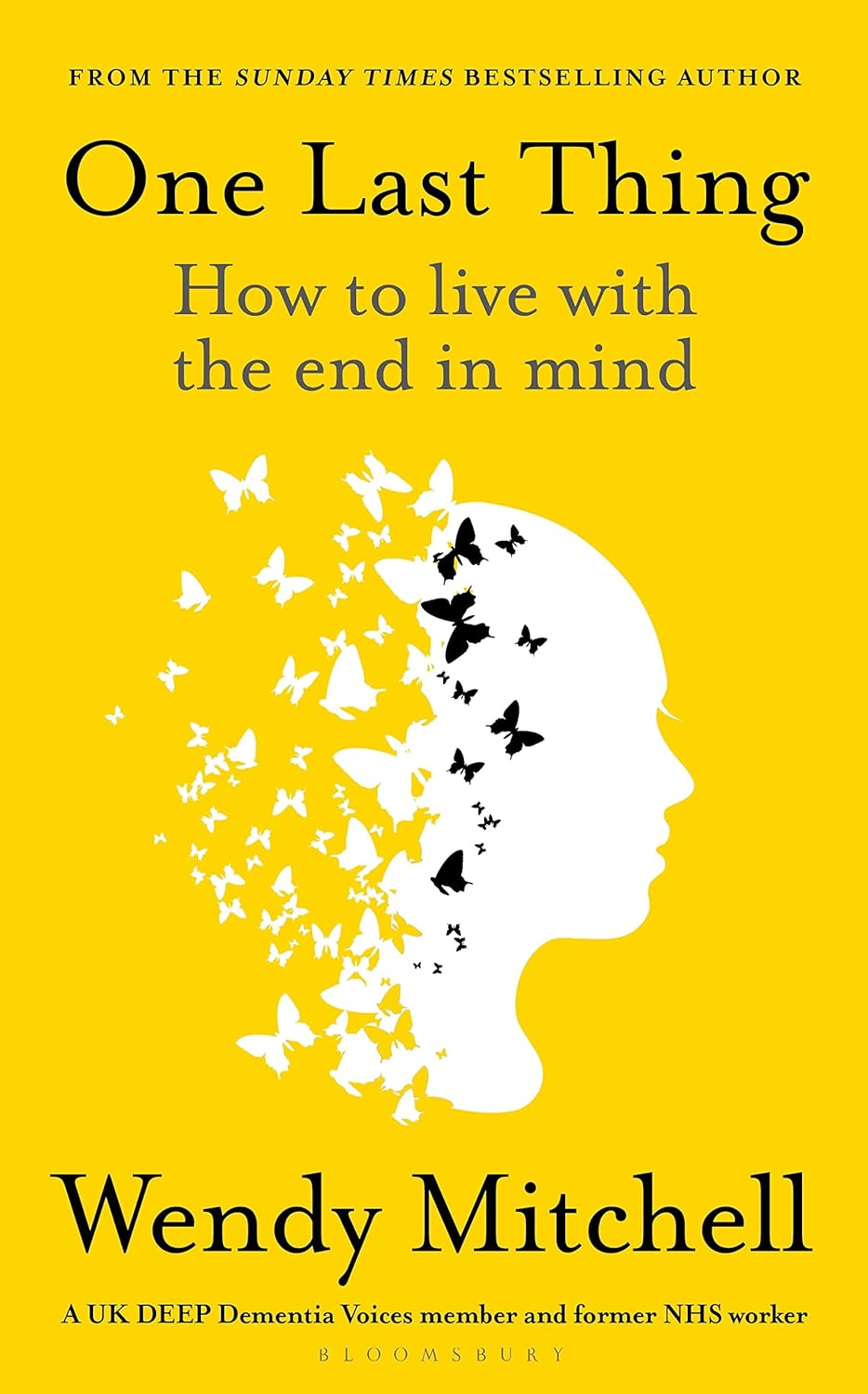
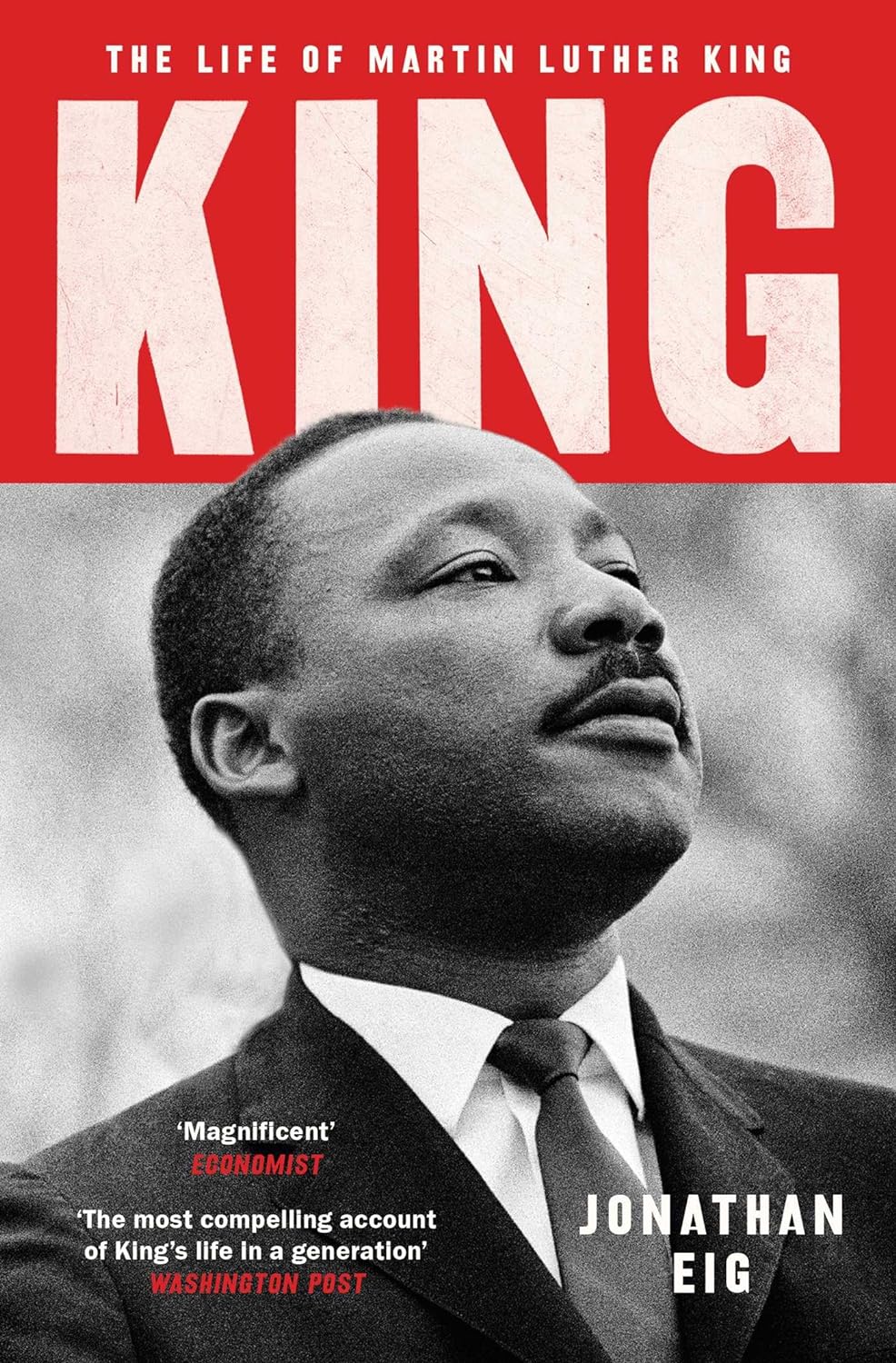
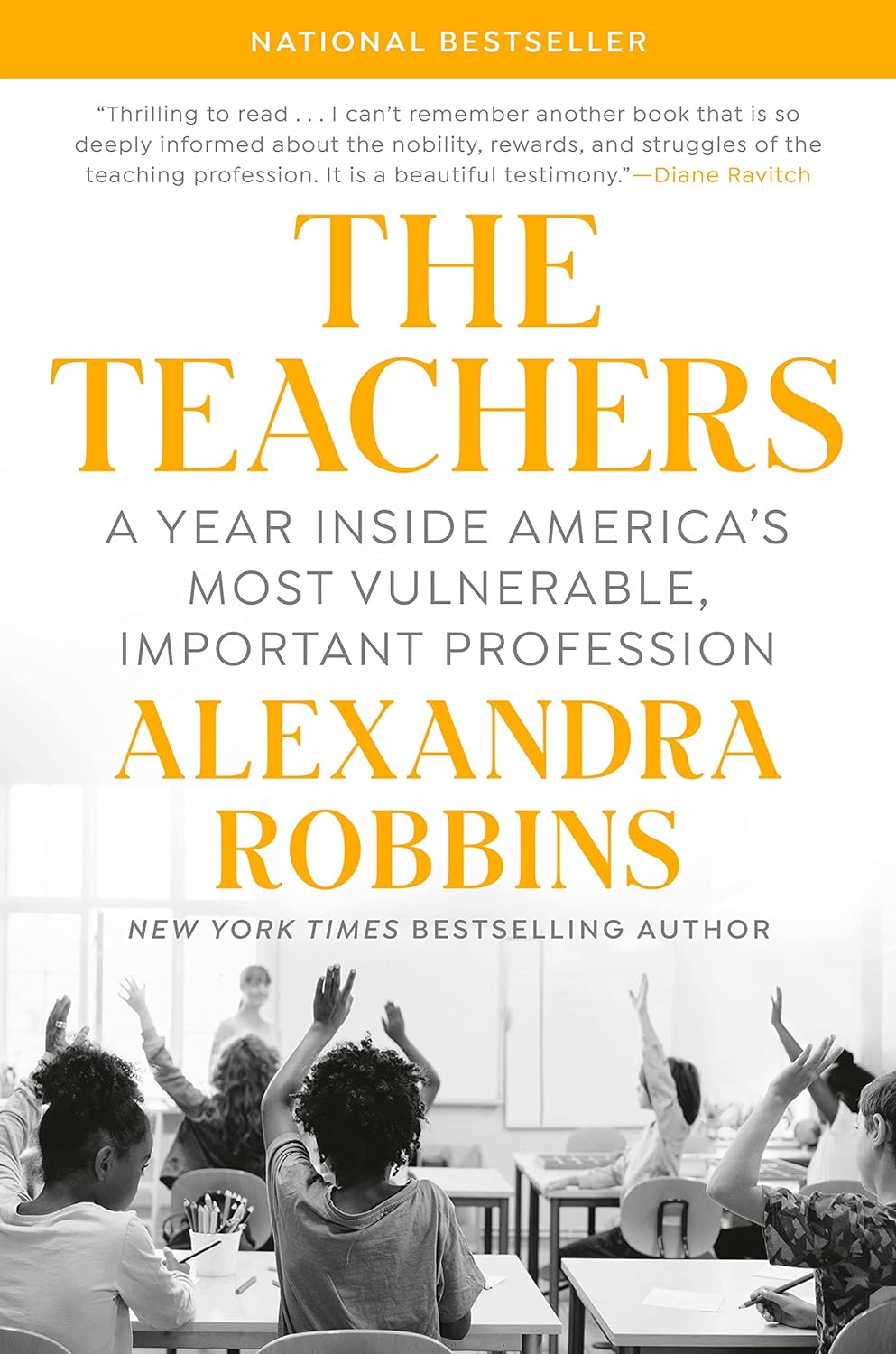
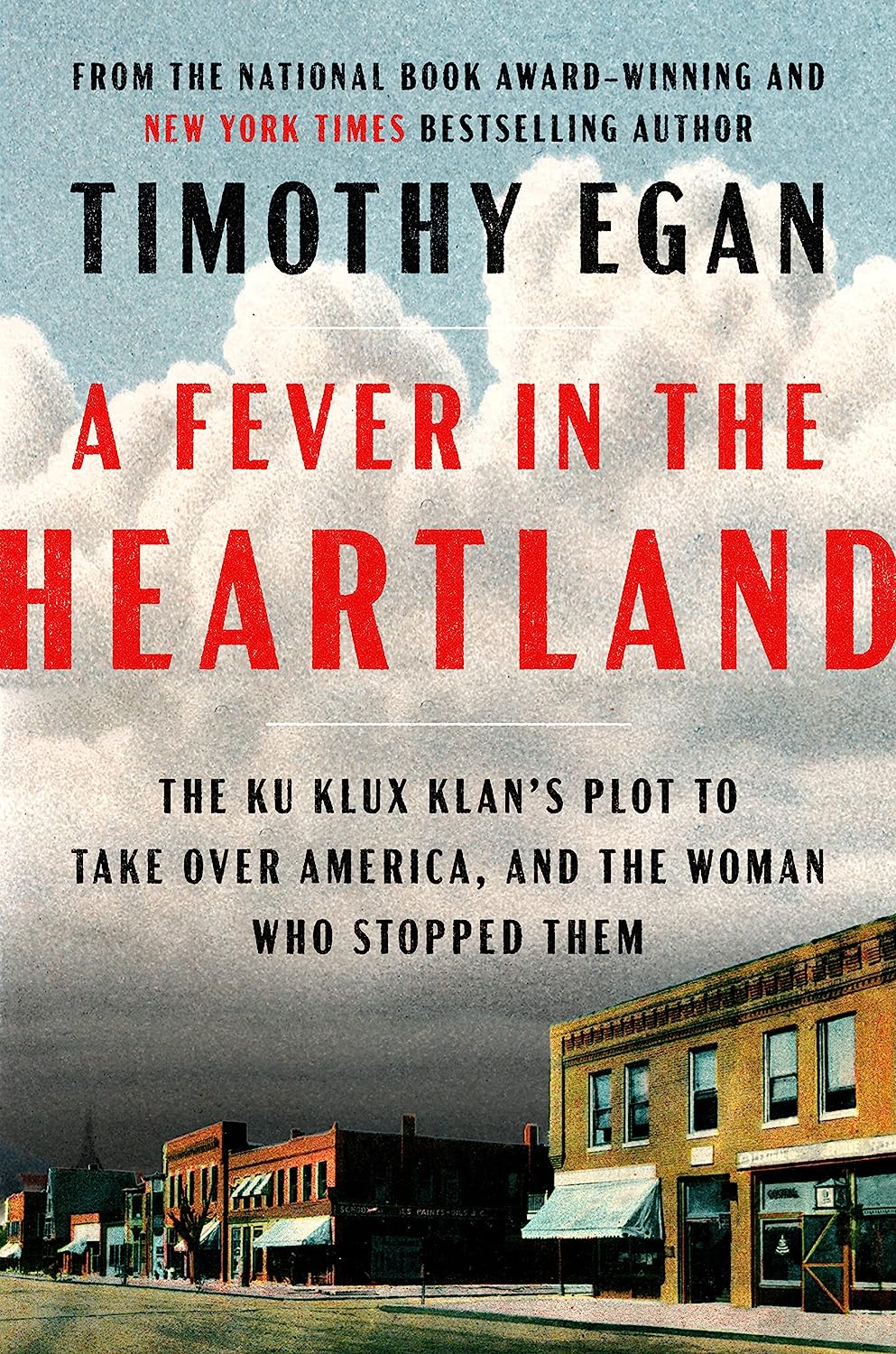
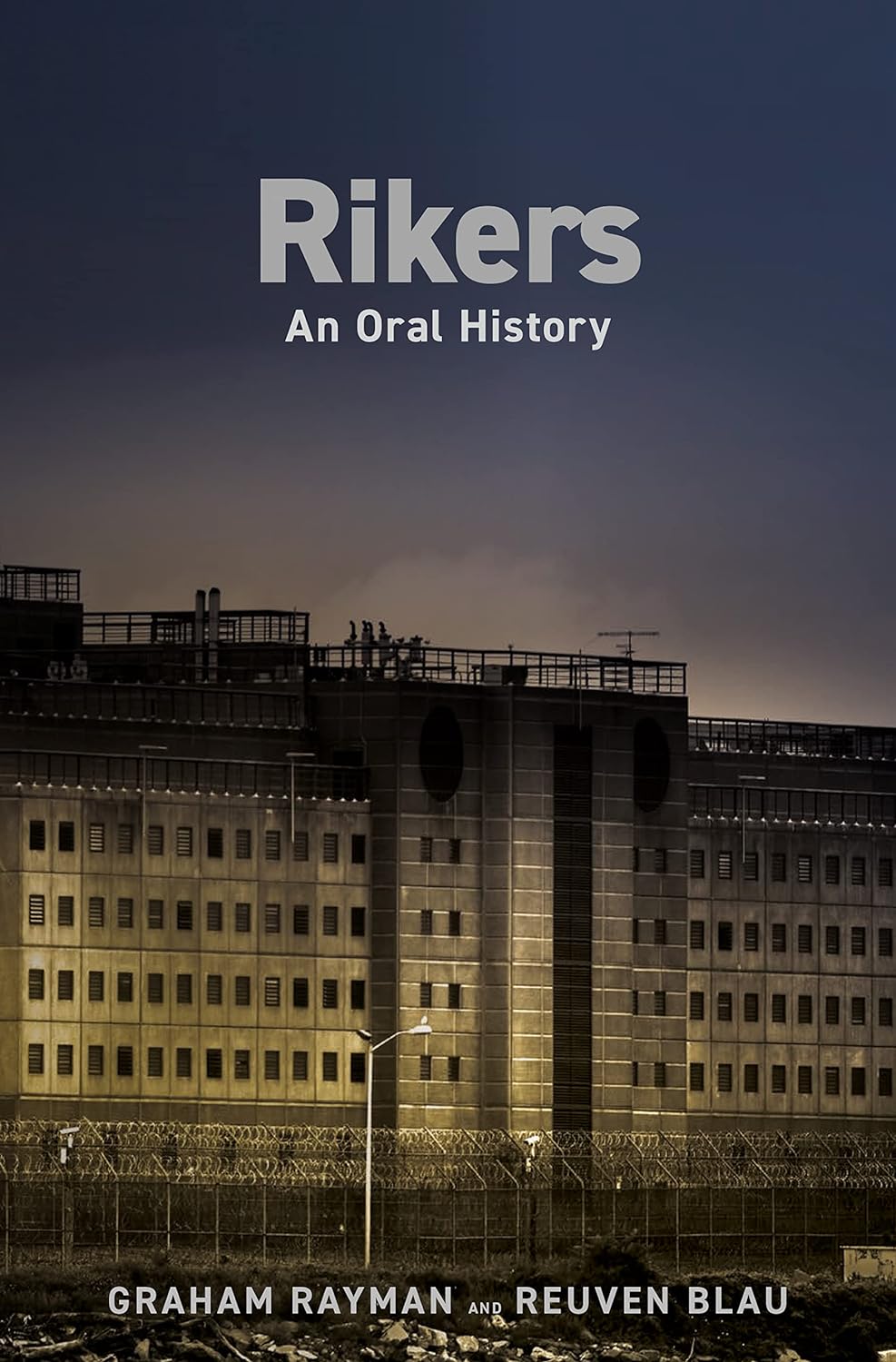
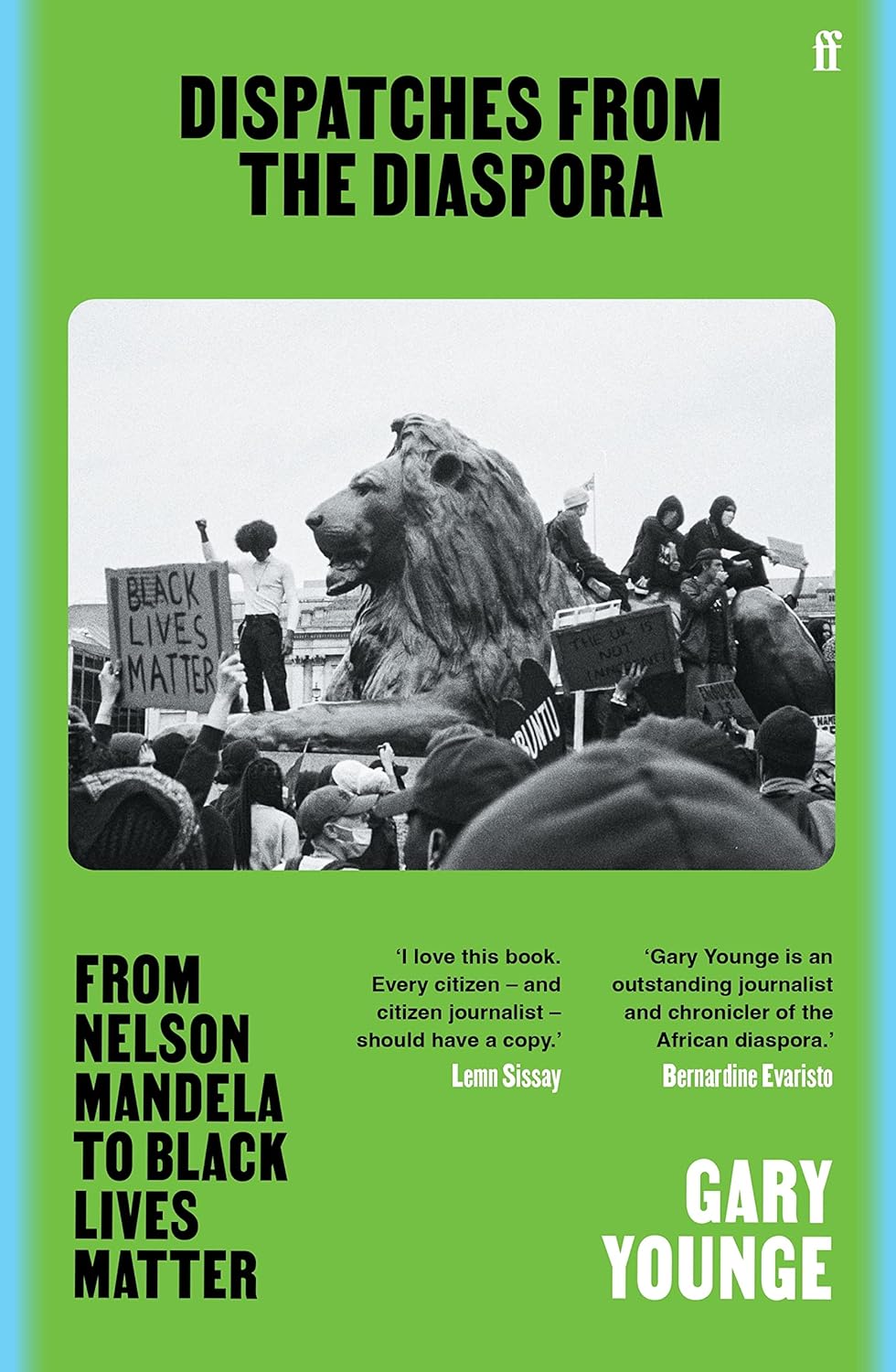
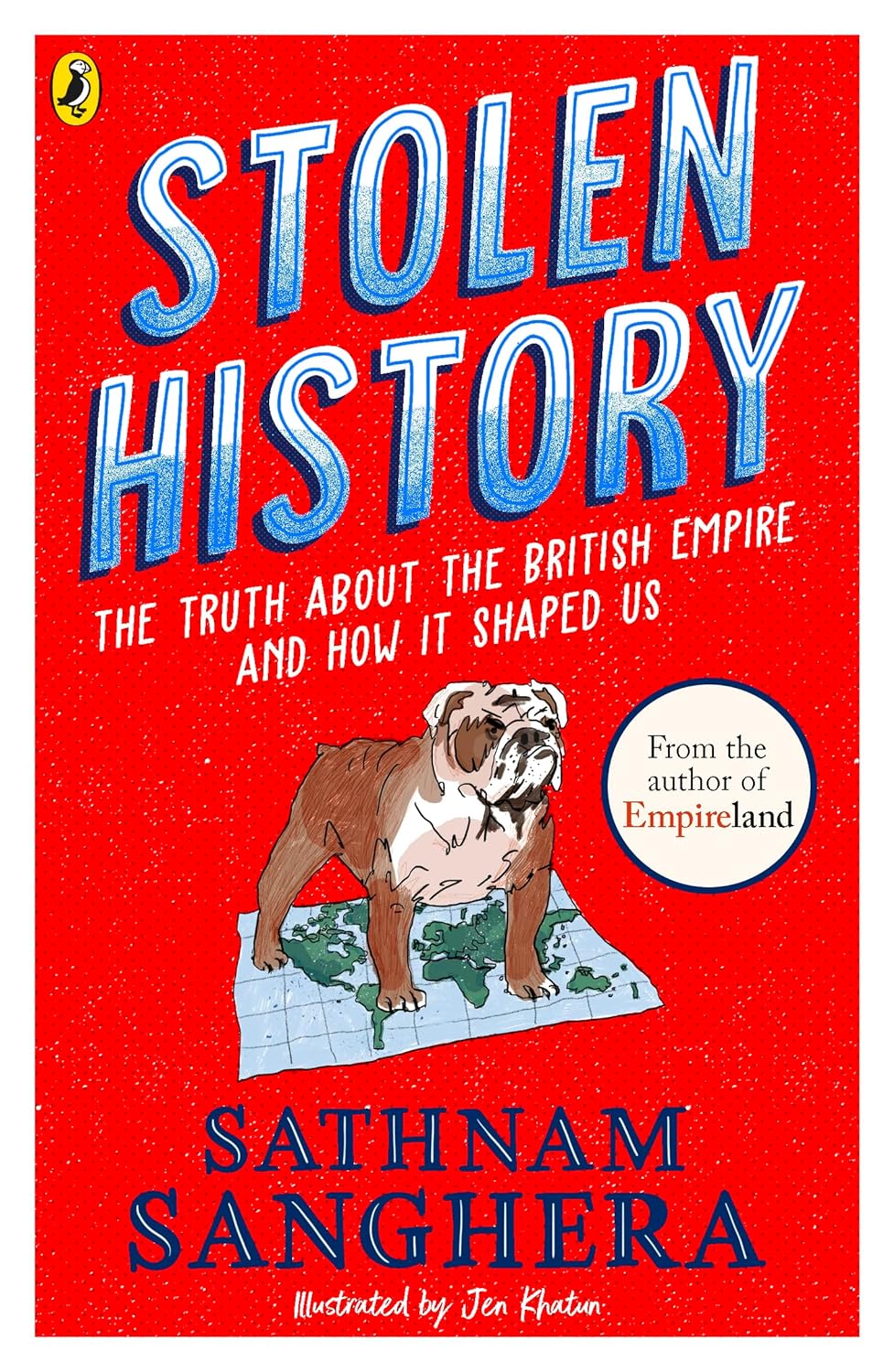
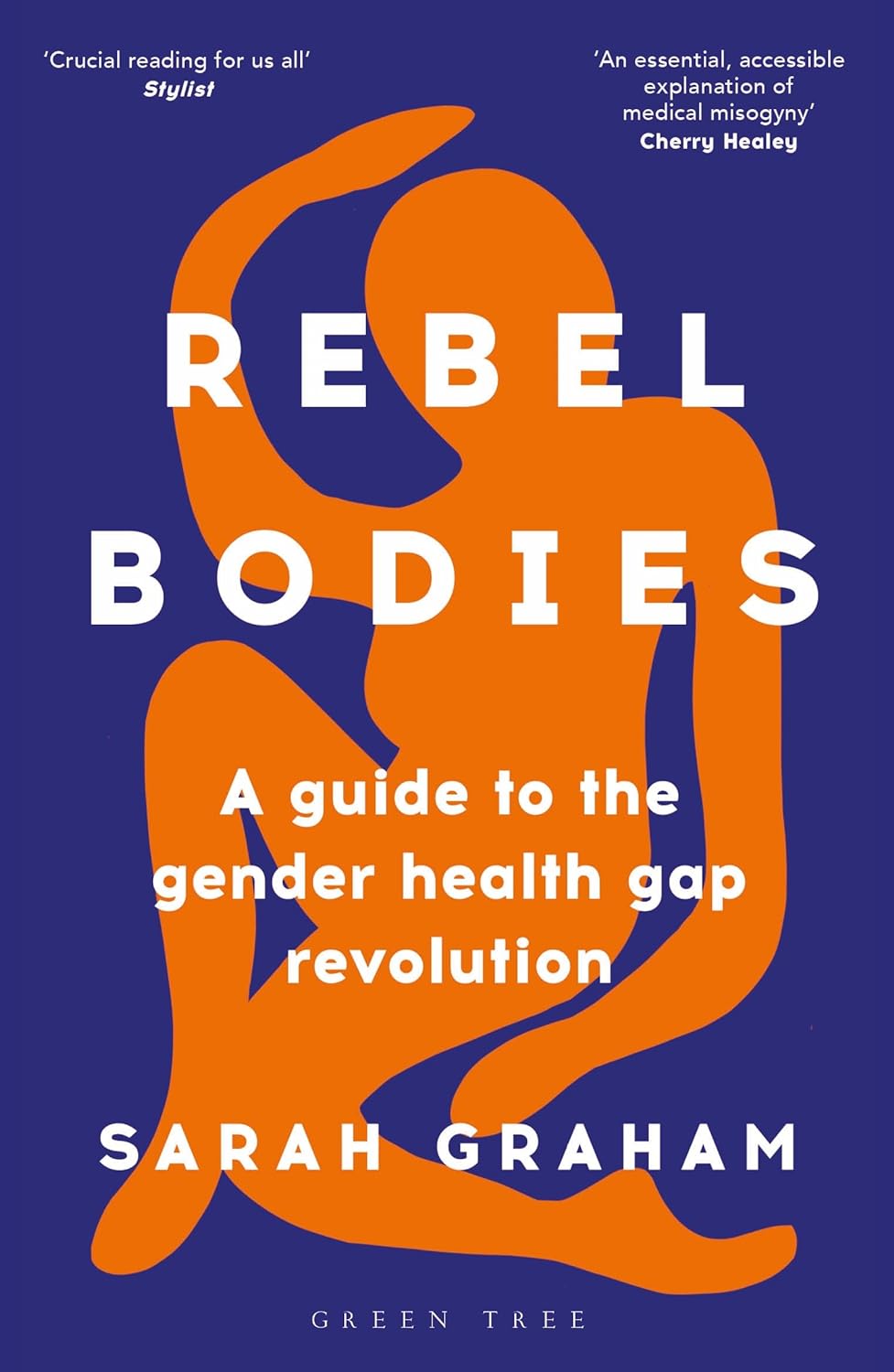
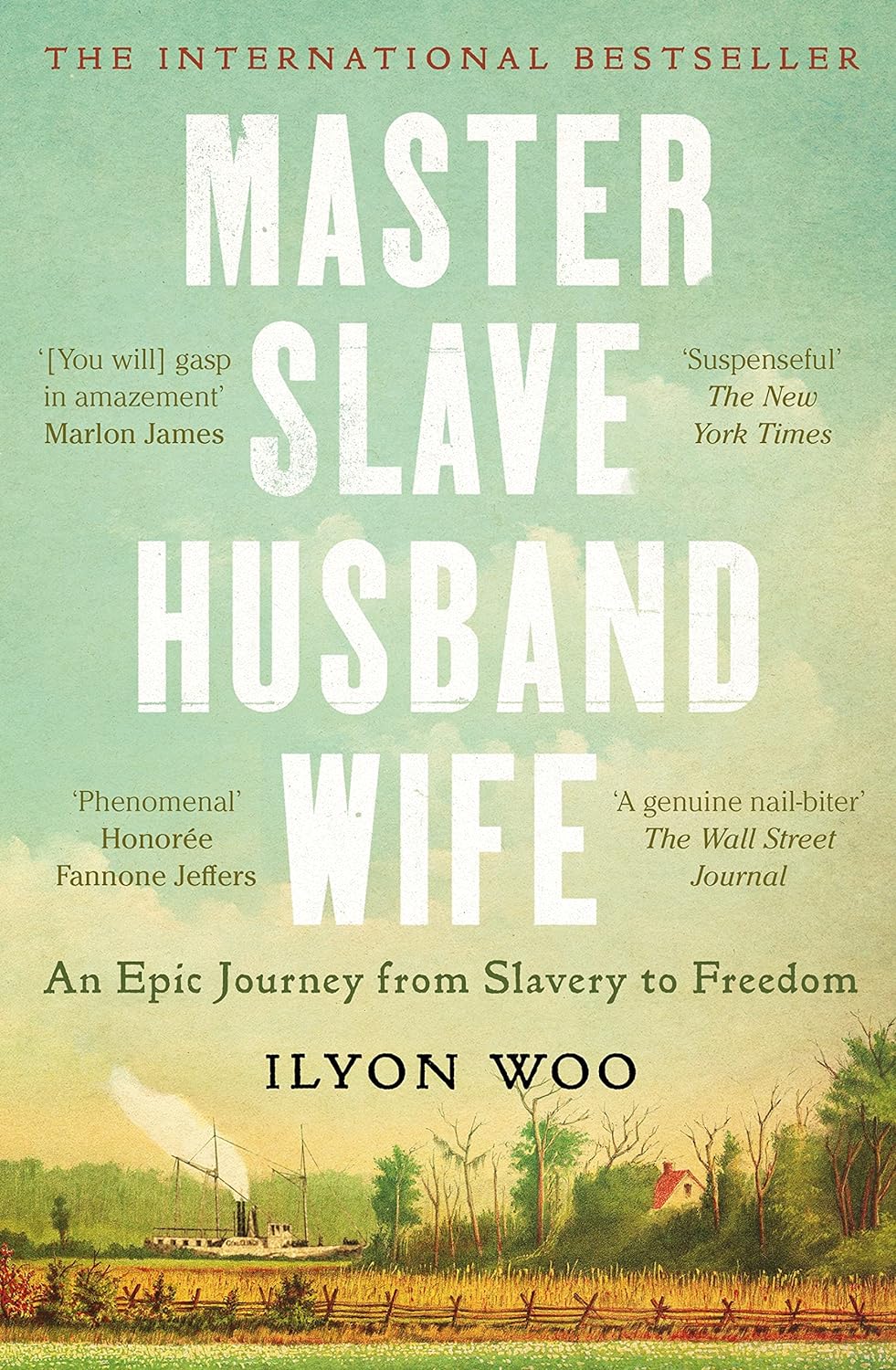
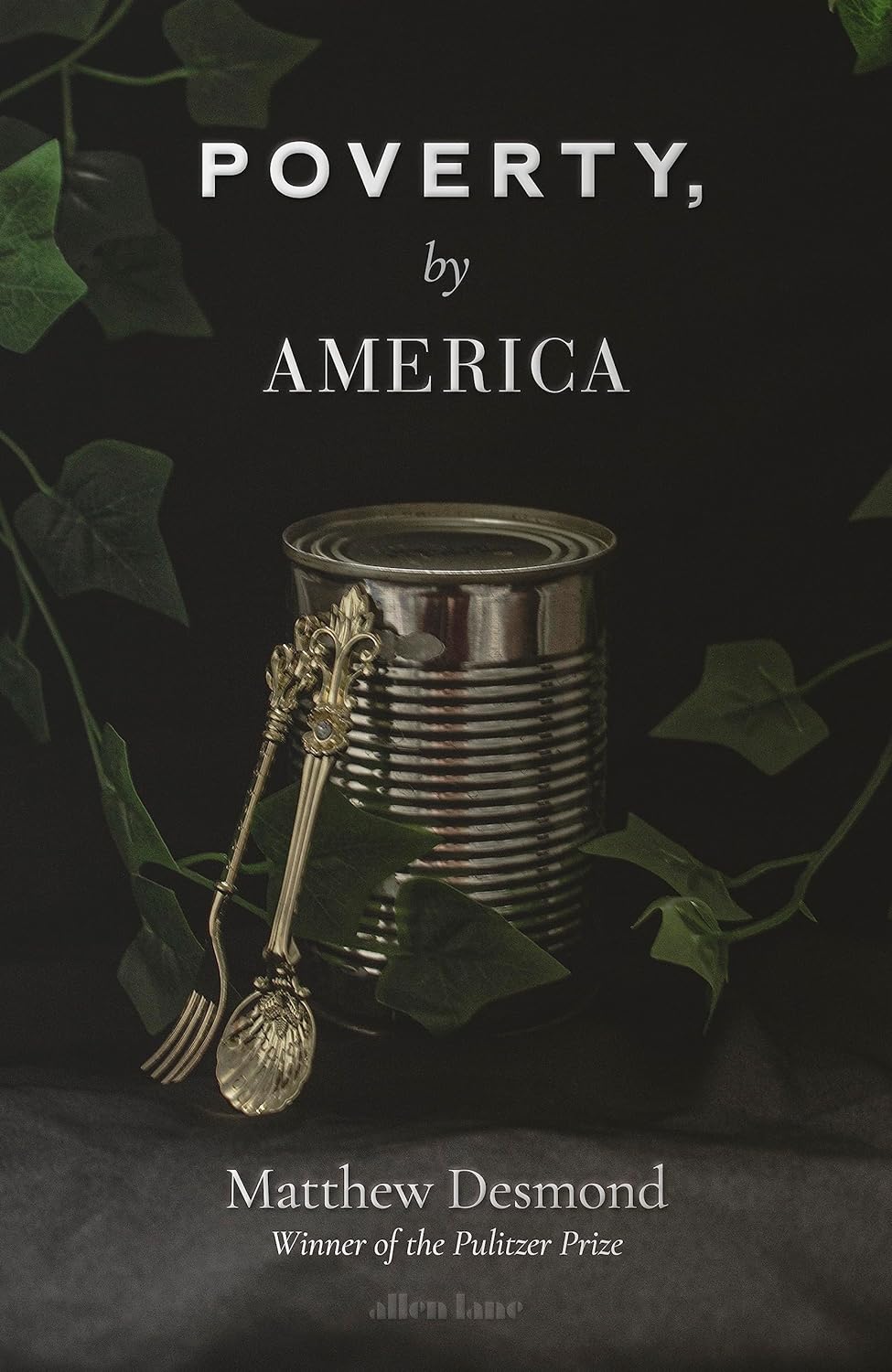
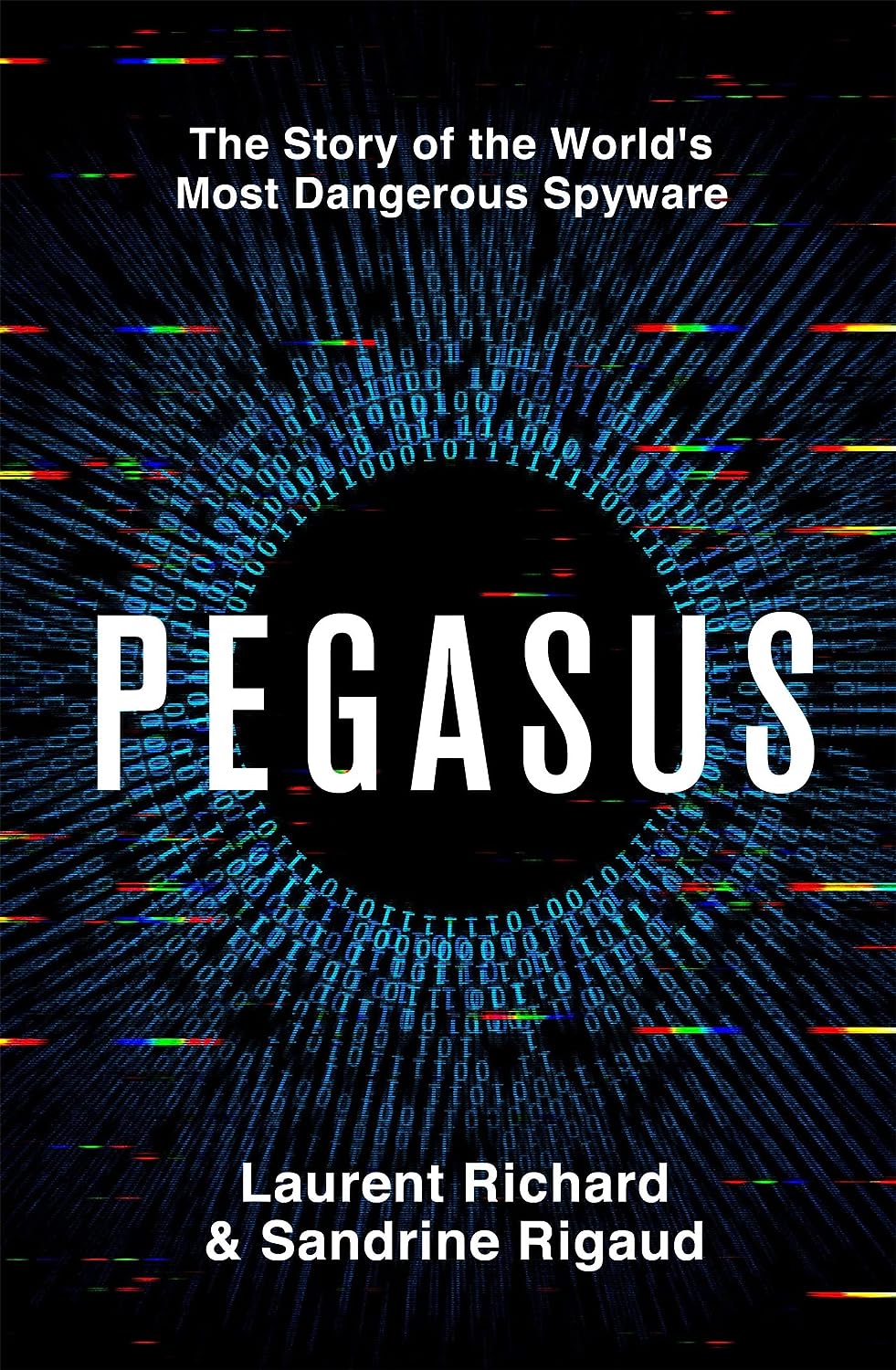
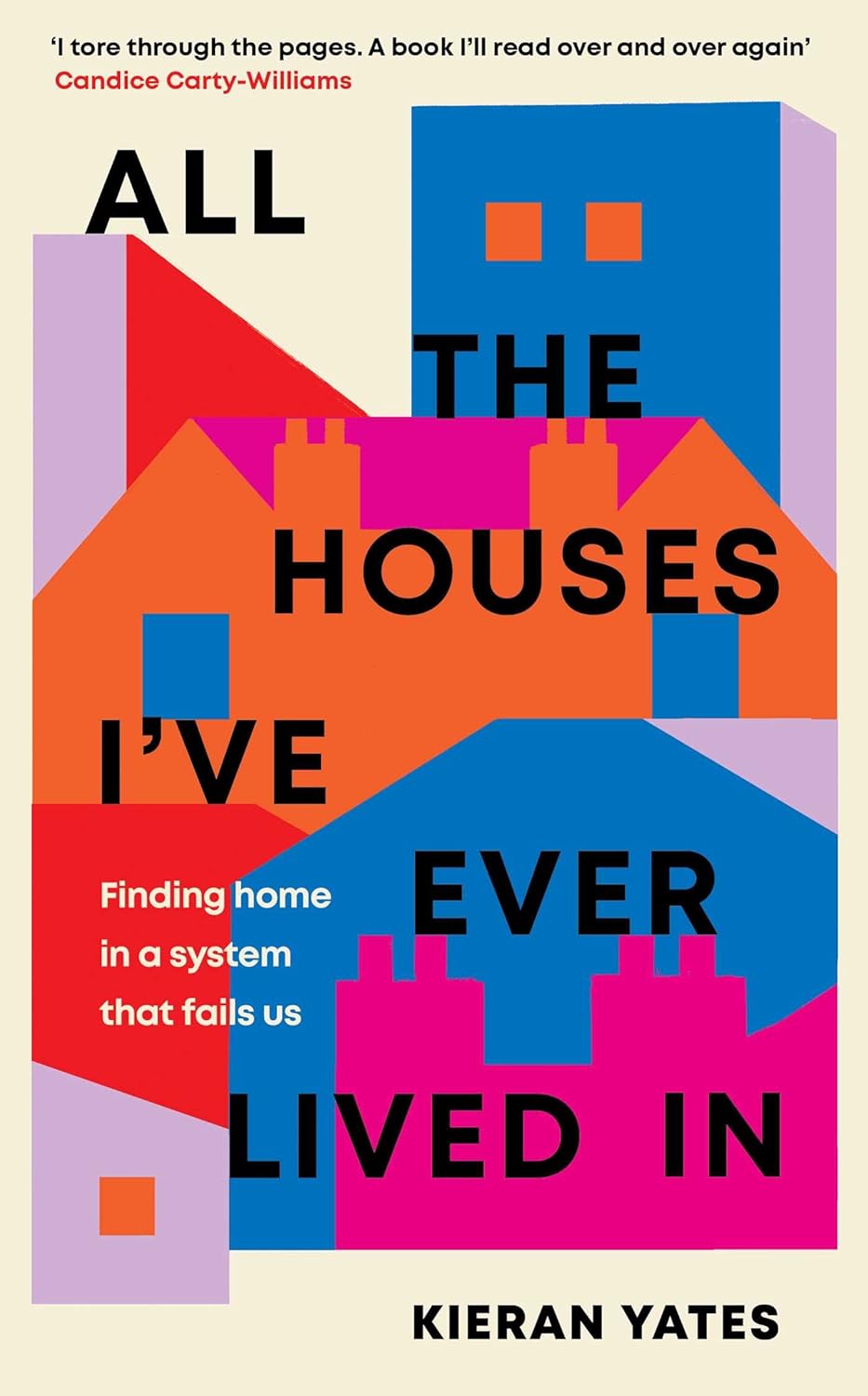
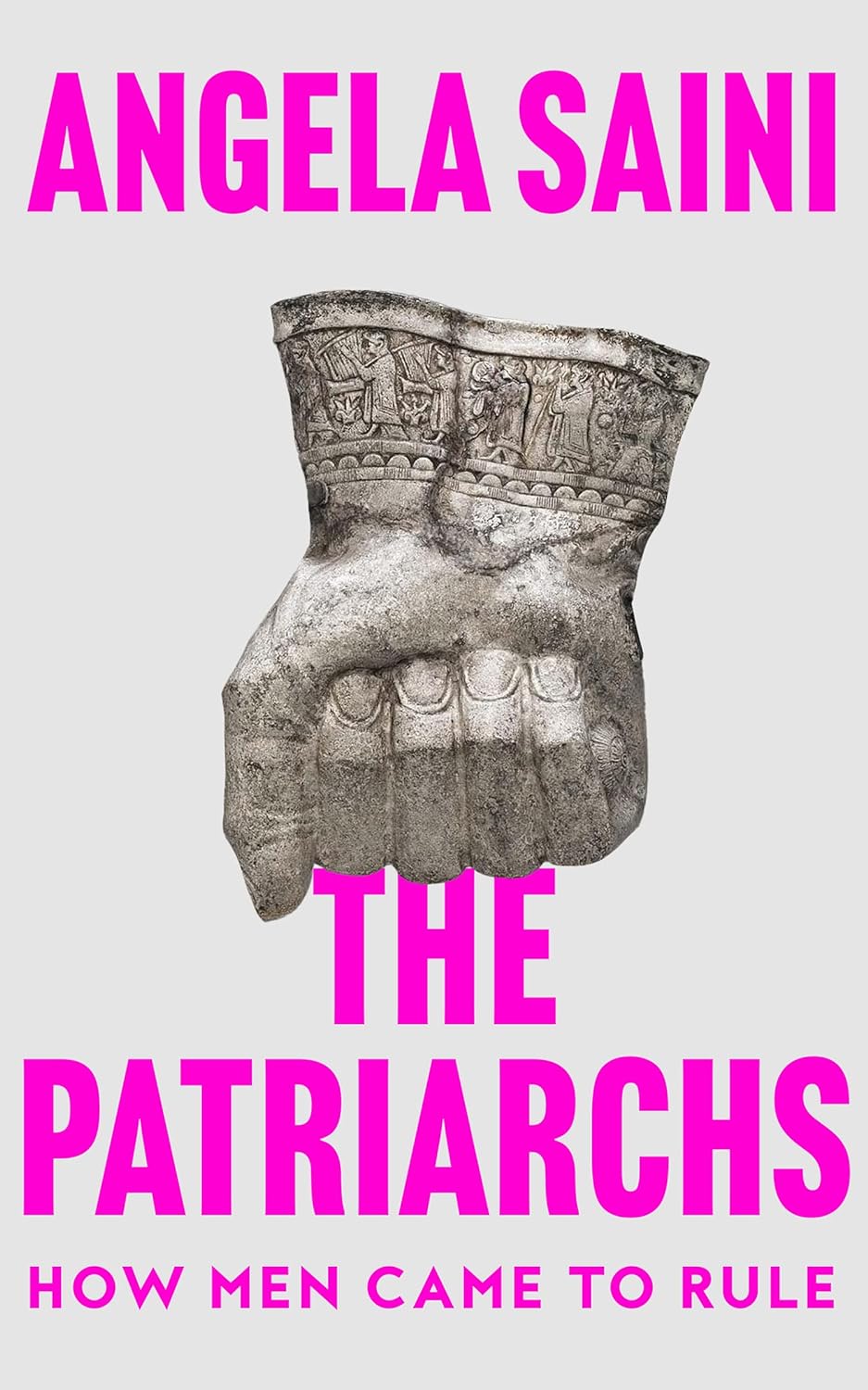
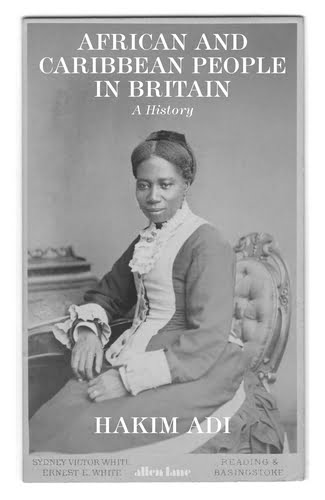
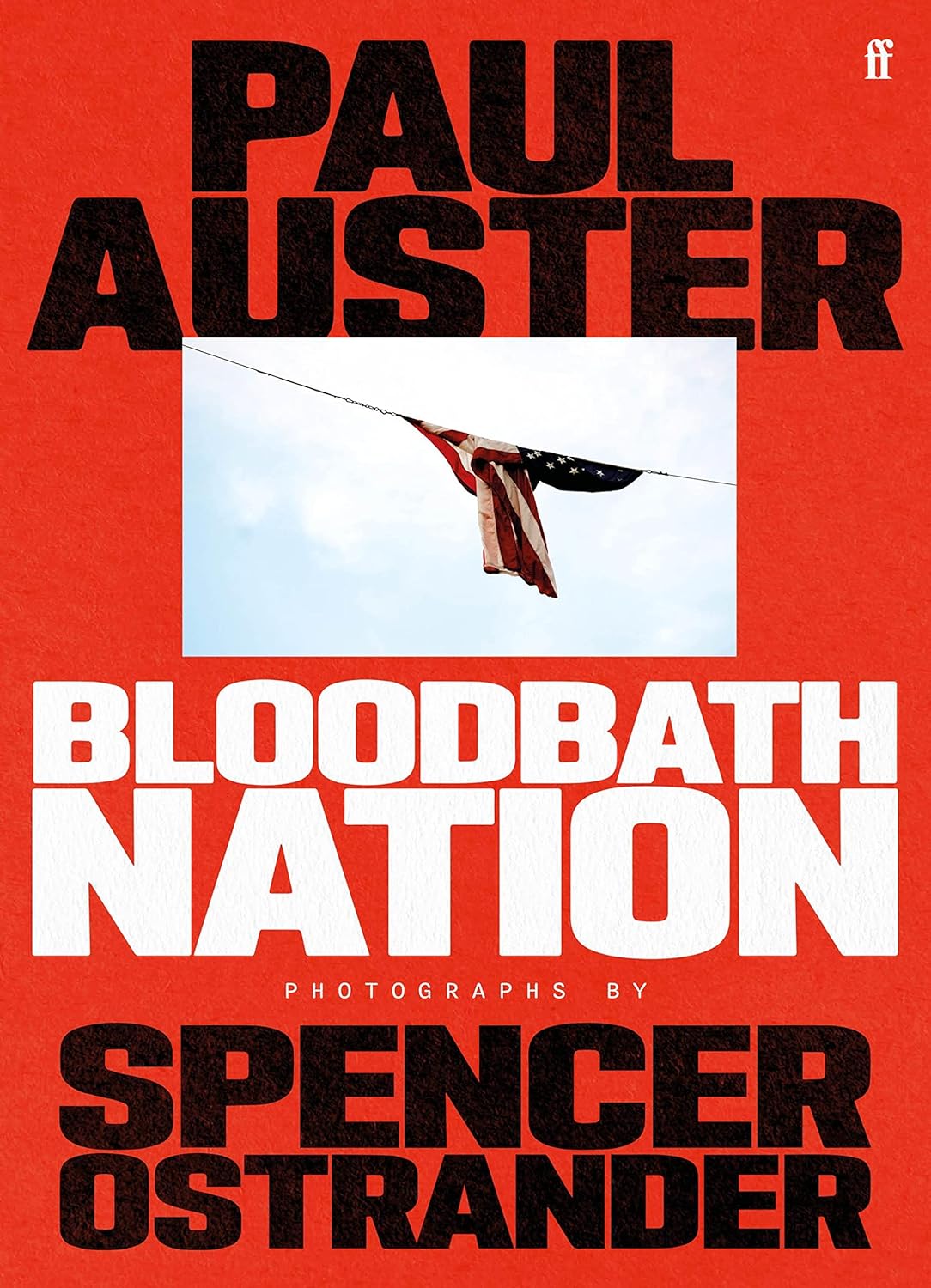
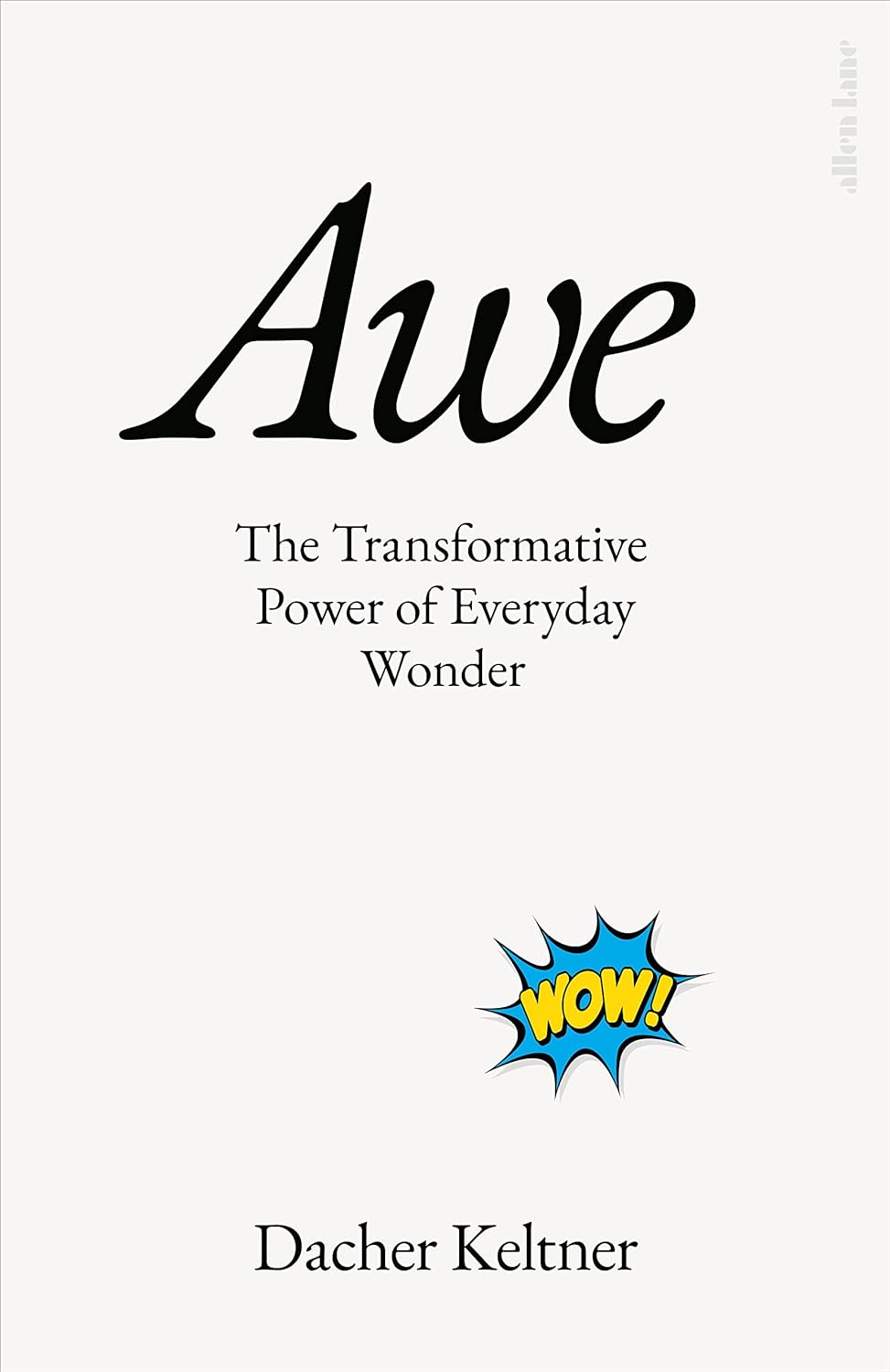
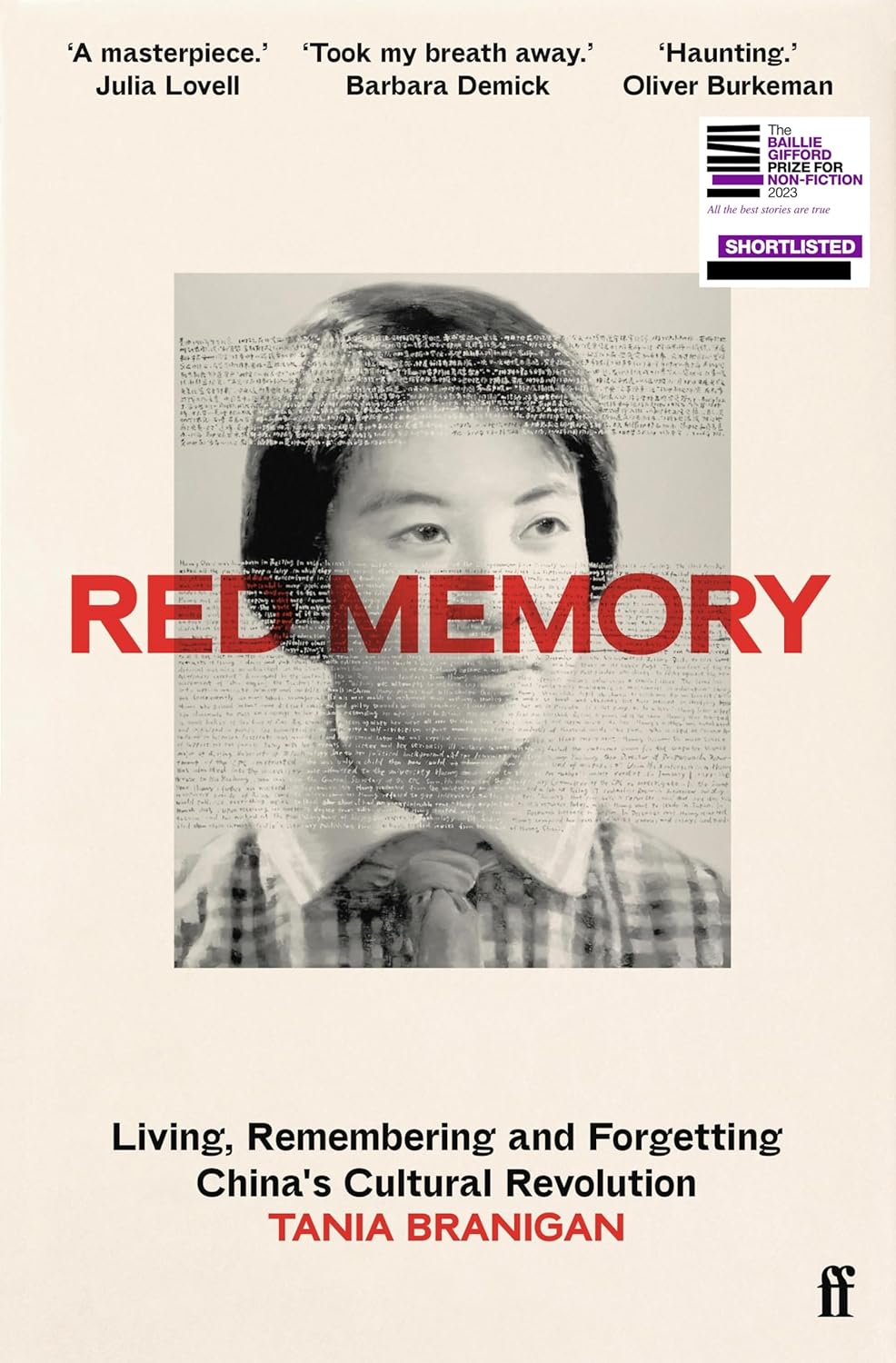
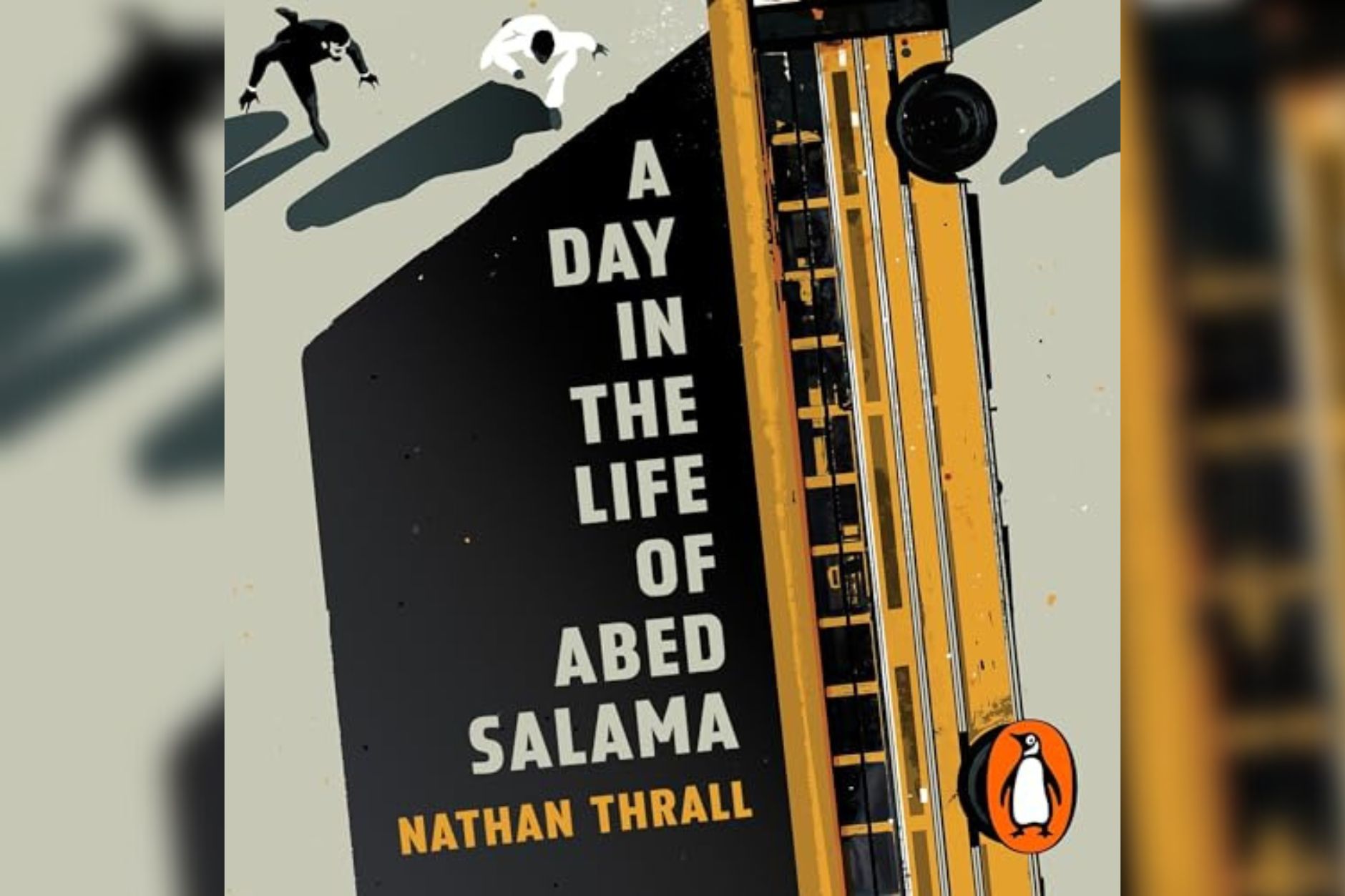
[…] Read: Top nonfiction books we read in 2023: 26 mini reviews of our favourites […]